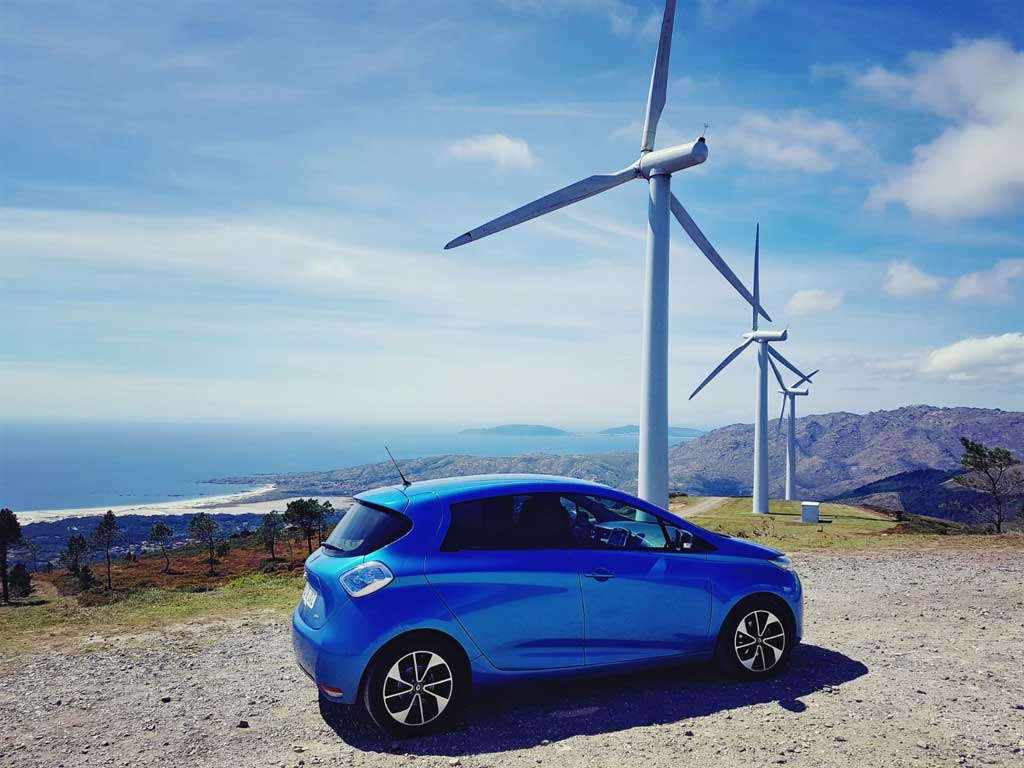It is not the first time that we read an article that states that an electric car is more polluting than an equivalent powered by a diesel engine in its useful life. Reports that base their methodology on an exciting format that seeks to confuse public opinion that is contaminated by this biased or directly false information.
This has been published by the Technical University of Eindhoven, which has thoroughly analyzed some of the studies that indicate that electric cars are more polluting than diesel or gasoline, to find out which format they have selected to obtain their results. The bottom line is that ‘Appropriate calculations show that electric vehicles already emit less than half the greenhouse gases of their fossil fuel-powered counterparts.’
But the question is why some studies have as a result that the electric ones are more polluting. The answer is that they make their measurements wrongly and deliberately. On the one hand, the battery production process’s pollution data are usually exaggerated, using statistics from the countries with the least use of renewable energies to achieve high figures.
On the other hand, there are exaggerated consumption figures in electric vehicles, and below reality for combustion models. Research by the Dutch Institute has also found that erroneous data are commonly used in aspects such as battery life, which usually indicate that they end their useful life at 120,000 miles. At the same time, conventional models are given a life of 210,000 miles.
Also, the emissions calculations during the vehicle’s useful life are calculated with the emission data of the current electrical network, without taking into account the advance of renewable energies in the coming years.
But undoubtedly the most scandalous aspect of these comparisons, according to the Institute, is that while in the electric car the integral impact of both the manufacture of its battery and the production of its electricity is taken into account, the same is not done with the Diesel and gasoline cars of which only the emissions are counted during their circulation.
An example of these manipulated studies is the one published at the end of last year by the consulting firm Joanneum Research, which has impacted the part of the German Automobile Club (ADAC). A study entitled “Electric cars, a heavy backpack for the climate” indicated that to compensate for excess emissions during their manufacture, electric cars had to travel hundreds of thousands of kilometers.
This study concluded that: “Taking into account the emissions from the manufacture of batteries and the combination of German electricity, an electric car pollutes between 11 and 28% more than a diesel car.”
The Dutch researchers indicate that if cars were made and driven entirely on renewable energy, this would lead to ‘at least ten times fewer emissions than can be achieved with combustion engines running on fossil fuels.’
To this, add the constant improvement in energy densities that will make smaller batteries increasingly necessary, which will drastically reduce the amount of energy that factories need to produce them. At the same time, the electricity used is also evolving towards a renewable system. “All of this reduces the ‘climate backpack’ for electric vehicles, but many critical studies of electric vehicles deliberately ignore it.”

